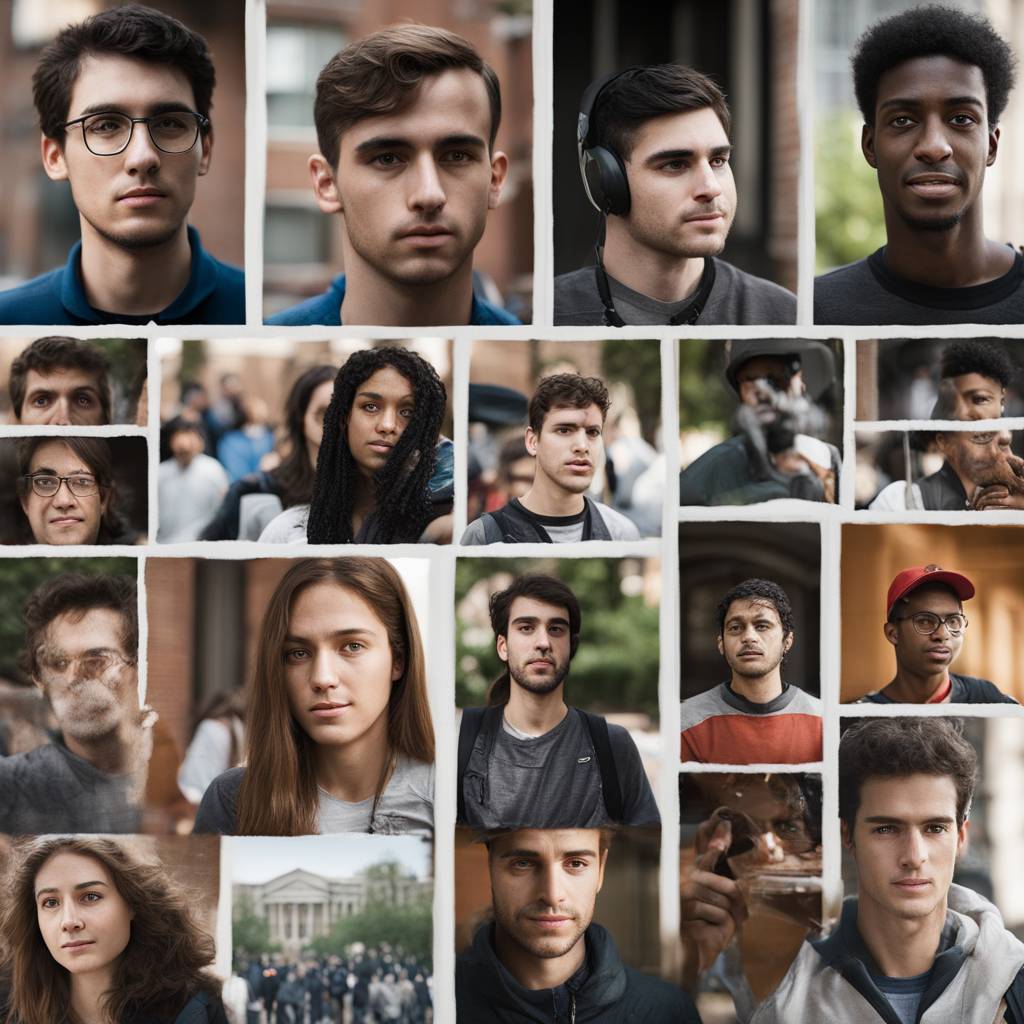Several Vanderbilt University students have faced disciplinary action after participating in a protest organized by the Vanderbilt Divest Coalition (VDC) against the administration’s removal of the anti-Israel Boycott, Divestment, and Sanctions (BDS) initiative. The VDC had put forth an amendment to the Vanderbilt Student Government Constitution that would prevent government funds from supporting businesses that back Israel. The amendment garnered over 600 signatures but was ultimately removed by the university, leading to a sit-in protest at the office of Chancellor Daniel Diermeier on March 26. The university accused some students of assaulting a Community Service Officer (CSO) to gain entrance and pushing staff members, while the VDC claimed the protest was peaceful. A Nashville Scene reporter was also detained for trying to enter the building.
The sit-in protest lasted over 20 hours, with more than 30 additional students demonstrating outside despite facing threats of suspension and forced removal. On Friday, the VDC reported that three students had been expelled, one suspended, and over 20 placed on disciplinary probation for their peaceful protest in support of Palestine. The group criticized Chancellor Diermeier for being harsh towards student protesters and called for a walkout to demand the right to vote on the amendment. The university, citing privacy laws, did not confirm the number of expulsions and suspensions. Vanderbilt Provost C. Cybele Raver explained that sanctions were issued based on individual conduct and included probation, suspension, and expulsion. Students have 10 days to appeal their cases to the university’s Appellate Review Board, allowing them to return to classes during the process.
The situation at Vanderbilt University highlights tensions surrounding the Israeli-Palestinian conflict on college campuses, with the VDC advocating for divestment from companies supporting Israel. The university’s handling of the protest has sparked debate, with students criticizing Chancellor Diermeier for his alleged mistreatment of demonstrators. The VDC’s call for a walkout aims to garner support and pressure the administration to allow a vote on the proposed amendment. The involvement of a Nashville Scene reporter being detained further adds to the controversy surrounding the protest, raising questions about freedom of the press and access to information during student demonstrations.
The fallout from the protest has resulted in varying degrees of disciplinary action for the students involved, ranging from probation to expulsion. While the VDC maintains that the protest was peaceful and justified, the university’s administration has taken a different stance, emphasizing accountability for individual conduct. The appeals process offers students the opportunity to challenge the sanctions imposed and seek a resolution with the university. The broader implications of the incident underscore the importance of student activism and freedom of expression on college campuses, as well as the complexities of navigating contentious political issues such as the Israeli-Palestinian conflict in an academic setting.
Overall, the events at Vanderbilt University reflect a clash between students advocating for divestment from companies supporting Israel and the university administration’s response to the protest. The disciplinary actions taken against the protesters have fueled further dissent and calls for transparency in the decision-making process. As the situation unfolds, the commitment to free speech and the right to peaceful protest on campus will continue to be central issues for both the students and the university administration to address. The outcome of the appeals process will likely shape the ongoing dialogue surrounding activism, accountability, and academic freedom within the Vanderbilt community.













